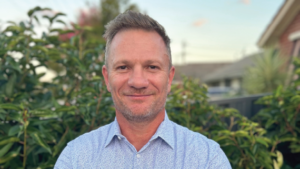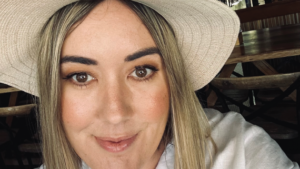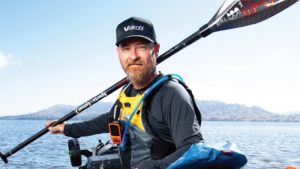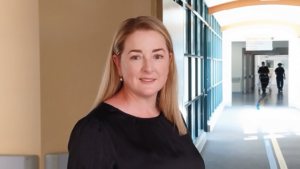See all articles
IMPACTS
Immediate action can mean the difference between life and death when it comes to sudden cardiac arrest.
That’s why all Hume Bank branches now have an automated external defibrillator (AED) or one close by, should our community members ever need it.
An AED is used to assist someone experiencing sudden cardiac arrest by analysing the heart’s rhythm. If needed, the device will deliver an electrical shock, or defibrillation, to help the heart restore a normal rhythm.
According to Heart Research Australia, 55 Australians suffer cardiac arrest every day, and if they’re not at a hospital less than 8 per cent survive. Their research shows using a defibrillator within the first minute of sudden cardiac arrest, can potentially bring the chance of survival rate up to 90 per cent.
Do you know where your closest AED is?
Our Wodonga Place, Olive Street, Corowa, Howlong and Lavington branches now have an AED on location.
All other branches have an AED very close by.
Why is this important to us?
More AEDs in the community, means greater chance of survival should someone suffer a heart attack, cardiac arrest or other emergency heart condition. We caught up with members of our community who understand what it means to be affected by a heart condition, see a loved one fight for their life or witness the importance of having AEDs available everyday.
Through sharing their stories, we hope to bring light to the importance of not only having AEDs available but knowing where to access and how to use them (tip, an AED will talk you though the whole thing!)
The sudden cardiac arrest patient – Warren Hamilton

Warren Hamilton began feeling unwell following his usual morning workout.
For the next 9 hours, he would unknowingly be suffering a heart attack…Spending the next six days in an induced coma.
Fitted with a defibrillator, thankfully he walked out of St Vincent’s Hospital two weeks later, to start his road to recovery.
At the time, he was a fit and healthy 47-year-old who attended the gym regularly.
“You can’t just think ‘I’ll be as fit as I possibly can be and that will fix everything that may or may not happen,’” he said.
Warren is now sharing his story to show there is no such thing as a stereotypical sudden cardiac arrest patient.
The family member – Emily Hamilton

“When I got home, I could see the back of his head and his shoulders on the floor…I knew two steps up the hallway, I could see his ear and his neck, he was blue and I knew straight away something was not right,” she said.
Emily arrived home from picking one of her young sons up from daycare to find her husband unresponsive on the bedroom floor.
He was 47. And had suffered an unexplained sudden cardiac arrest.
Despite the traumatic situation she was facing, with the support of 000, Emily performed lifesaving CPR until help arrived.
The fundraiser for change – Peter Charlesworth

In 2020, father-of-two and local photographer Peter Charlesworth had emergency triple bypass surgery.
He is now making it his mission to educate others on the importance of cardiac health.
“The four foundational areas of rest, low stress, nutrition and exercise are vital in tuning our bodies to function better,” he said.
“If you have a history of heart disease in your family, you must be tested regularly.”
Peter is raising funds for The Heart Foundation by attempting a Guinness World Record by travelling solo along the full length of the Murray River on a stand-up paddle board.
The health professional – Lil Samson

As Nurse Manager of the Emergency Departments at Albury Wodonga Health, Lil Samson knows the importance of having access to an AED.
“When a person becomes unconscious in the community from a life threatening cardiac arrythmia, we know there can be excellent long-term outcomes when an AED is applied and used, even before an ambulance attends, and they arrive for ongoing care the Emergency Department,” she said.
Lil said reducing the time to defibrillation is the major determining factor for survival in some cardiac arrests.
“Our Emergency Department teams are proud to be working in an area where local business supports safety in the community. Increasing the number of AEDs in public places is an excellent initiative. AEDs are safe to use, and the loud, spoken instructions are simple to follow.”

